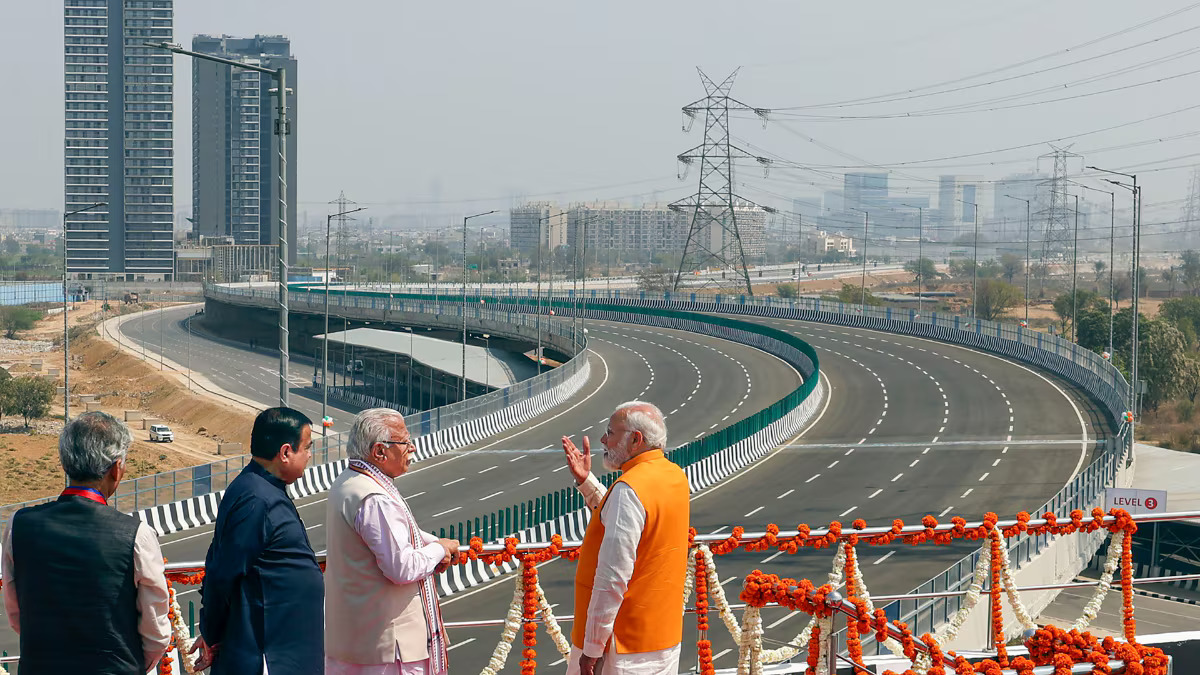In a significant move underscoring India’s commitment to sustainable infrastructure and regional development, the government is set to inaugurate and lay foundation stones for development projects worth over ₹70,000 crore across four states—Sikkim, West Bengal, Bihar, and Uttar Pradesh.
Scheduled for May 29 and 30, these initiatives are poised to enhance urban connectivity, clean energy adoption, and inclusive growth in some of the country’s rapidly evolving regions. The visit will commence in Sikkim, a state marking its golden jubilee with a vision of harmonising progress and nature. The government’s approach here emphasises a balance between economic growth and environmental stewardship, showcased through projects like a 500-bed district hospital in Namchi. This ₹750 crore health infrastructure investment promises advanced medical services while adhering to green building principles aimed at reducing carbon footprints.
Further reflecting this sustainable ethos, the inauguration of a passenger ropeway in Gyalshing district is designed to enhance eco-friendly tourism, minimising road congestion and vehicular emissions in the fragile Himalayan ecosystem. Alongside, a commemorative statue installation and special edition coin and postal stamp issue celebrate the rich heritage of Sikkim, connecting cultural preservation with developmental strides. In West Bengal, the launch of the City Gas Distribution (CGD) project for Alipurduar and Cooch Behar districts represents a pivotal step in clean energy transition. With an investment exceeding ₹1,000 crore, this initiative will extend piped natural gas to over 2.5 lakh households and numerous commercial units, supporting a significant reduction in reliance on traditional fossil fuels. The project’s employment generation potential further cements its role as a driver of equitable economic opportunity in the region.
Bihar will witness a transformative boost in urban mobility and power infrastructure. The inauguration of Patna Airport’s new passenger terminal, capable of handling one crore passengers annually, coupled with the foundation stone for Bihta Airport’s civil enclave, reflects a strategic focus on supporting the state’s expanding educational and residential corridors. Moreover, Bihar’s commitment to sustainable power generation is evident in the ₹30,000 crore Stage-II expansion of the Nabinagar Super Thermal Power Project. While thermal power projects traditionally raise environmental concerns, officials assert that these developments will incorporate modern pollution control and efficiency technologies, aligned with India’s broader energy transition goals.
Transport infrastructure upgrades—including the four- and six-laning of key national highways and a new Ganga bridge—aim to ease regional connectivity and economic activity, supporting both urban and rural communities. The commissioning of the third rail line between Son Nagar and Mohammad Ganj will further enhance freight and passenger capacity, promoting sustainable logistics solutions. In Uttar Pradesh’s industrial hub of Kanpur Nagar, development projects worth nearly ₹21,000 crore include the expansion of metro rail connectivity through the inauguration of the Chunniganj to Kanpur Central section. This corridor, with several underground stations, promises a significant reduction in urban pollution and traffic congestion, contributing to the city’s sustainable mobility goals.
Power sector advancements, with new substations and thermal power project expansions, underline efforts to ensure reliable electricity supply while integrating cleaner technologies. The launch of a tertiary sewage treatment plant in Kanpur also highlights the growing emphasis on sustainable water management and circular resource use. Complementing these infrastructure enhancements, road widening projects and new road constructions under the Defence Corridor initiative aim to boost regional trade and industrial growth while ensuring environmental safeguards.
This ambitious programme of development across the four states signals a paradigm shift towards integrated, eco-conscious infrastructure planning. Officials stress that such multi-sectoral projects, combining transport, energy, health, and water management, are vital to fostering resilient, equitable, and carbon-conscious urban and regional environments. As India continues to balance rapid urbanisation with sustainability imperatives, this series of inaugurations and foundation stones sets a promising precedent for inclusive growth that honours cultural heritage, supports clean energy, and prioritises community welfare.
Also Read : Bengaluru Sai Layout Battles Flood Aftermath Costly Recovery Looms


